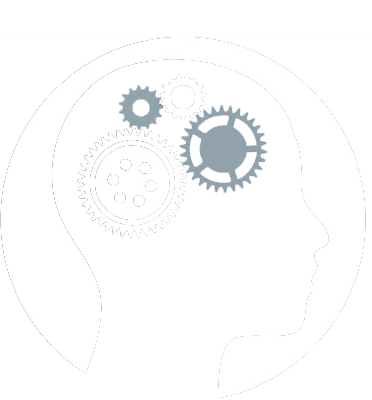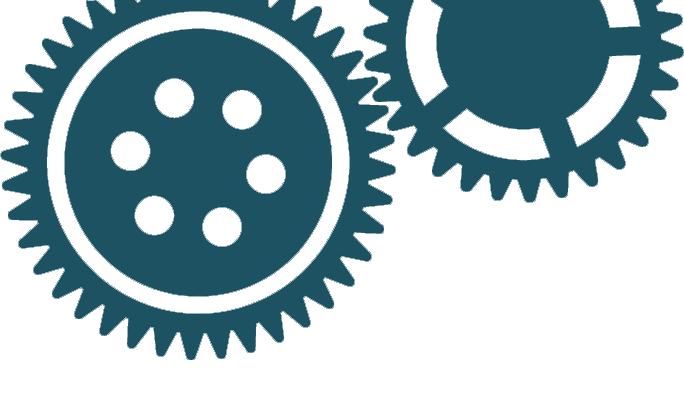European consortium secures grant to organise the European Festival of Journalism and Media Literacy
A consortium of seven European organisations, including Lie Detectors, is proud to announce that it has been awarded a substantial grant from the European Commission to organise the European Festival of Journalism and Media Literacy.
The festival marks a significant departure from previous initiatives in the field, promising to bring fresh perspectives and insights to the forefront of media discourse. The inaugural edition will take place in Florence in February 2024.
The festival sets out to become the go-to platform for dialogue and exchange, connecting journalistic and media literacy communities with European citizens.
Several features set this initiative apart from other endeavours:
A multi-stakeholder, collaborative effort for lasting impact
The project embraces a bottom-up and multi-stakeholder approach, drawing upon the rich expertise and knowledge of a consortium of organisations with strong EU-wide networks of journalists, public service media, media literacy experts and teachers, and media researchers.
This collaborative effort ensures that the festival will address the most pressing and relevant issues in journalism and informed citizenship, becoming a European platform for deliberation for professionals, decision-makers, and citizens.
A dual focus on journalism and media literacy
The festival’s distinctiveness is underscored by its dual focus. It will delve into both the evolving role of journalism in a rapidly changing media landscape and the crucial dimension of equipping citizens with the skills to decipher information and utilise technology and media meaningfully.
By addressing these two interconnected themes, the festival will contribute to empower citizens with the knowledge and skills necessary to critically engage with media content and understand the evolving dynamics of journalism.
An itinerant celebration to engage with European communities
The festival will be itinerant, moving across different European cities to promote cultural diversity and engagement. The inaugural edition is set to take place in the city of Florence, Italy, in February 2024, followed by the second edition in Zagreb, Croatia, in February 2025. This dynamic approach will provide an opportunity for participants to explore different European landscapes, fostering cross-cultural dialogues and exchanges, and is purposefully designed to engage local communities in each host city.
This reflects the aim of developing a space that serves not only as a gathering of experts and professionals but also as a platform for communities to take an active role in reviving the discourse on the importance of journalism as the watchdog of democracy. By involving local residents, we aim to create a sense of ownership and shared responsibility.
A strong consortium of committed Europeans
The driving force behind this endeavour is a consortium of organisations committed to enhance awareness on the essential role that free and pluralistic media play in our society. The consortium includes:
- The Centre for Media Pluralism and Media Freedom (lead partner): based at the European University Institute, the CMPF is a research and training centre that develops research on media pluralism and media freedom in Europe and beyond, providing knowledge support to the international, European, and national policy and rulemaking processes.
- The European Federation of Journalists: the largest organisation of journalists in Europe, representing over 320000 journalists in 73 journalists’ organisations across 45 countries.
- The AISBL EBU-UER promotes and defends the interests of public service media organisations that are members of the European Broadcasting Union vis-a-vis the European Union in Brussels. It advocates for 112 public service media organizations from 56 countries; they reach audiences of more than one billion people around the world, in more than 160 languages. On behalf of this broad community, it supports a number of different initiatives and projects, including those on media literacy and public service journalism.
- The European Association for Viewers Interests: an international non-profit organization based in Brussels, EAVI is dedicated to advocating for media literacy and full citizenship. Their mission revolves around supporting initiatives that empower citizens to read, write, and actively participate in public life through the media.
- Journalism et Citoyenneté: J&C organises the European Agora for Journalism in Brussels to facilitate interactions and discussions among journalists, researchers, media professionals, and citizens to advance quality journalism. It also organises the Agora for Journalism for French-speaking countries in Tours (France) and for countries South of the Mediterranean in Tunis (Tunisia).
- Lie Detectors: Europe’s leading non-profit provider of journalist-driven media literacy training, working with 400+ journalists, 1000+ teachers and 25,000+ children annually to protect democracy against disinformation and polarisation. A Supportive Partner of eTwinning, Lie Detectors’ training is in line with EU recommendations on digital literacy.
- Savoir*Devenir: a non-profit association with the core mission of enhancing media and information education through digital means, promoting digital literacy across all media, and fostering understanding of internet governance to influence future decisions in the digital realm.
In addition, the project is supported by the European Journalism Training Association that groups 80+ journalism centres, schools, and universities from about 30 countries across Europe.
“We are eager to embark on this journey to develop a truly European meeting point for journalists, media organisations, civil society, media literacy professionals, teachers, researchers, and all citizens to learn and reflect on the vital subjects of journalism and media literacy,” said Pier Luigi Parcu, Director at the Centre for Media Pluralism and Media Freedom. “This festival represents a collaborative effort to address the challenges and opportunities facing the media landscape in Europe today. We invite everyone interested in these topics to join us and contribute to this important conversation.”



